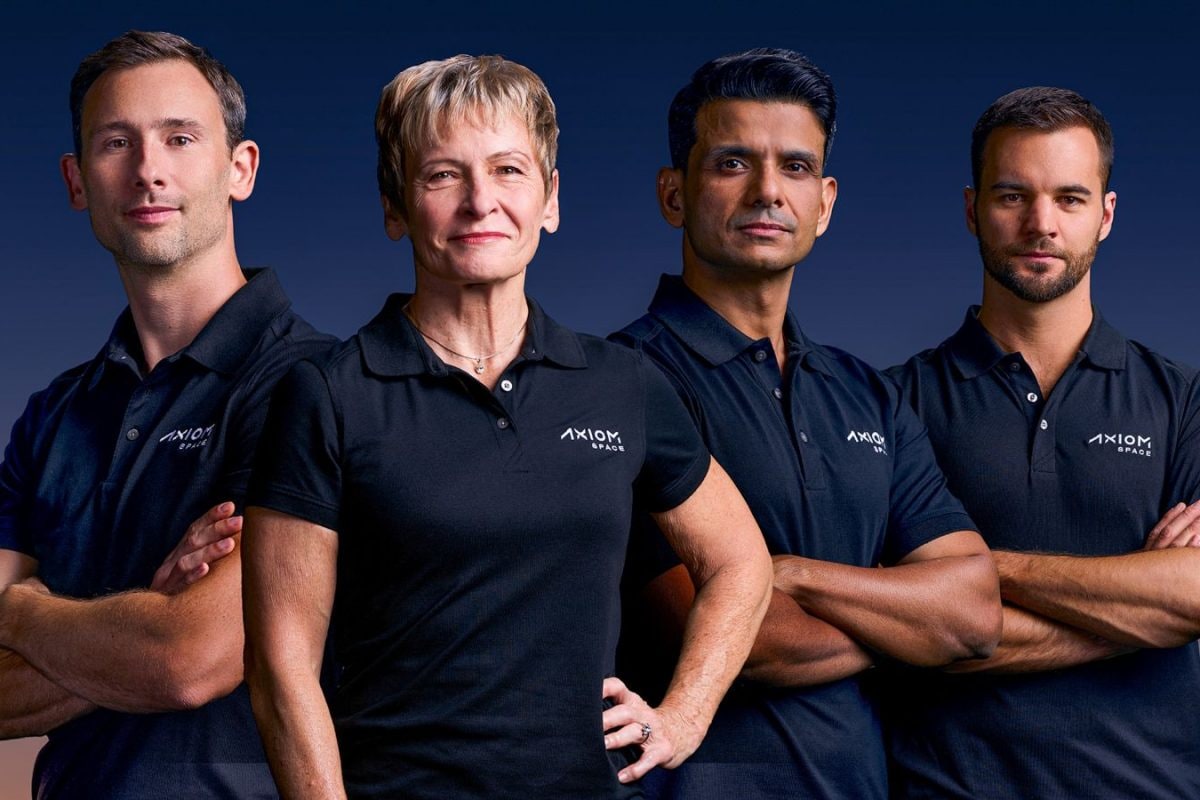

After numerous postponements, the Axiom Mission 4 (Ax-4), carrying Indian Space Research Organisation (ISRO) astronaut Shubhanshu Shukla, is finally scheduled to launch to the International Space Station (ISS) today, June 25, 2025. NASA, Axiom Space, and SpaceX are targeting a launch time of 2:31 a.m. EDT (12:01 p.m. IST). SpaceX has announced a 90% favorable weather forecast for the lift-off.
The mission will commence from Launch Complex 39A at NASA's Kennedy Space Center in Florida. The crew will travel to the orbiting laboratory aboard a new SpaceX Dragon spacecraft, propelled by the company's Falcon 9 rocket. Docking is anticipated to occur at approximately 7:00 a.m. EDT (4:30 p.m. IST) on Thursday, June 26. Live coverage of the launch and arrival activities will be streamed on NASA+.
Ax-4 is Axiom Space's fourth private crew rotation to the International Space Station. This mission marks a significant milestone, representing the return to human spaceflight for India, Poland, and Hungary. While these countries have previous spaceflight experience, this is the first time all three nations will simultaneously have astronauts aboard the ISS. For Poland and Hungary, this mission carries the first astronauts from their respective countries to stay on the ISS.
The Ax-4 crew is composed of Commander Peggy Whitson, a former NASA astronaut and director of human spaceflight at Axiom Space; Pilot Shubhanshu Shukla of India, representing ISRO; and Mission Specialists Sławosz Uznański-Wiśniewski of Poland, representing the European Space Agency (ESA), and Tibor Kapu of Hungary, selected under the HUNOR (Hungarian to Orbit) program.
During their approximately two weeks aboard the ISS, the Ax-4 crew will conduct a wide array of science experiments, education-based initiatives, and commercial activities. The research encompasses around 60 scientific studies and activities representing 31 countries. These experiments span various fields, including human research, Earth observation, and life, biological, and material sciences. Seven experiments have been proposed by Indian researchers.
The launch was delayed multiple times due to a liquid oxygen leak in the boosters of the Falcon-9 rocket and leaks detected in the Russian module of the International Space Station. To address the latter, NASA and Roscosmos agreed to lower the internal pressure in the module's transfer tunnel as a precautionary measure.
Group Captain Shubhanshu Shukla, an Indian Air Force pilot with over 2,000 flying hours on various jets, is set to become only the second Indian to journey into space, following Rakesh Sharma's mission in 1984. During the mission, Shukla will participate in a space-to-Earth outreach program and interact with a VIP from space.
This mission underscores the growing international collaboration in space exploration and the increasing role of commercial ventures in facilitating access to low-Earth orbit.